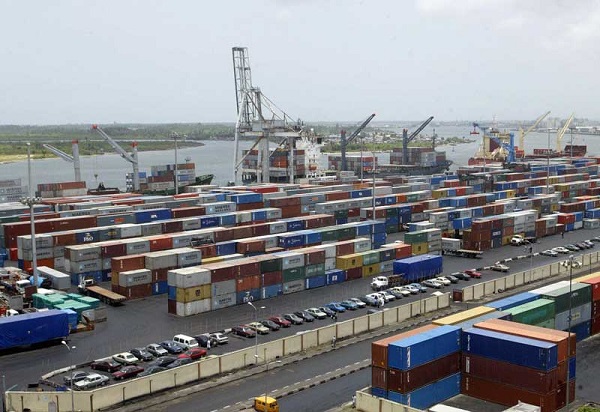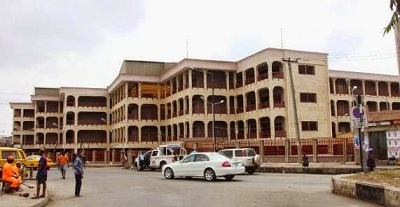Managing Trillions From SLAC Refund
By Kenneth Jukpor
“Surplus wealth is a sacred trust which its possessor is bound to administer in his lifetime for the good of the community” Andrew Carnegie
From Andrew Carnegie’s apt saying one can deduce that the trillions of Shipping Lines Agency Charges (SLAC) and other Terminal Operators charges to be refunded, should be channeled towards the good of the shipping community.
Nigerian Shippers’ Council’s (NSC) role as the ports economic regulator has finally scaled through two weighty litigations against Seaports Terminal Operators Association of Nigeria (STOAN), and the shipping companies in separate judgments.
The victory at the Appeal Court portends a light at the end of the tunnel for the embattled regulator, which has largely been seen as a toothless bulldog over the years.
Going by the recent judgments by the law court, the Council is set to receive up to N11trillion as refund expected to come from the terminal operators and the shipping companies. Shipping companies are expected to pay about N4trillion, while the Terminal operators are expected to pay about N7trillion.
However, the destination of these refund remain relatively unknown. Who should get these monies? These are duties paid by Shippers so it would be inappropriate for the Federal Government to claim the fund. Nevertheless, it would also be an effort in futility to attempt to refund the Shippers who deserve the fund.
Some stakeholders have posited that the monies be refunded to the Shippers’ Associations such as the Shippers Association Lagos State (SALS), but what happens to the independent Shippers who do not align themselves to any association? What happens if the Associations embezzle the fund without ensuring any form of development for Shippers in the nation?
Perhaps this money could be used to fund a Maritime Development Bank with preferential treatment given to shippers. The bank could enable shippers obtain loans with single digit interest rates such as 7% while other maritime stakeholders like ship-owners be allowed loans at slightly higher interest rate of 13%.
When operational, the bank will increase the purchasing power of shippers and also enable indigenous ship-owners acquire vessels to enable them to lift crude and refined petroleum products, thereby enhancing the nation’s Cabotage goals.
The Chinese economy continues to grow immensely and experts have attributed this to its specialized banking system. Little wonder the five largest banks in China are; Industrial and Commercial Bank of China (ICBC), China Construction Bank (CCB), Bank of China (BOC), Agricultural Bank of China (ABC) and the Bank of Communications (BCOM). Together these banks account for around one half of Chinese banking system assets and deposits. These banks are majority-owned by the Chinese state, but have private sector shareholders through their listings on the Hong Kong stock exchange.
China has been successful because it has created specialized banks to care for various sectors of the economy with the banks understanding the unique characteristics and challenges of their various sectors.
Nigeria could apply the same strategy, beginning with a Maritime Development Bank and the refunds from SLAC could help fund the bank.
Copyright MMS Plus.
All rights reserved. This material, and other digital content on this website, may not be reproduced, published, broadcast, rewritten or redistributed in whole or in part without prior express written permission from KINGS COMMUNICATIONS LIMITED.








